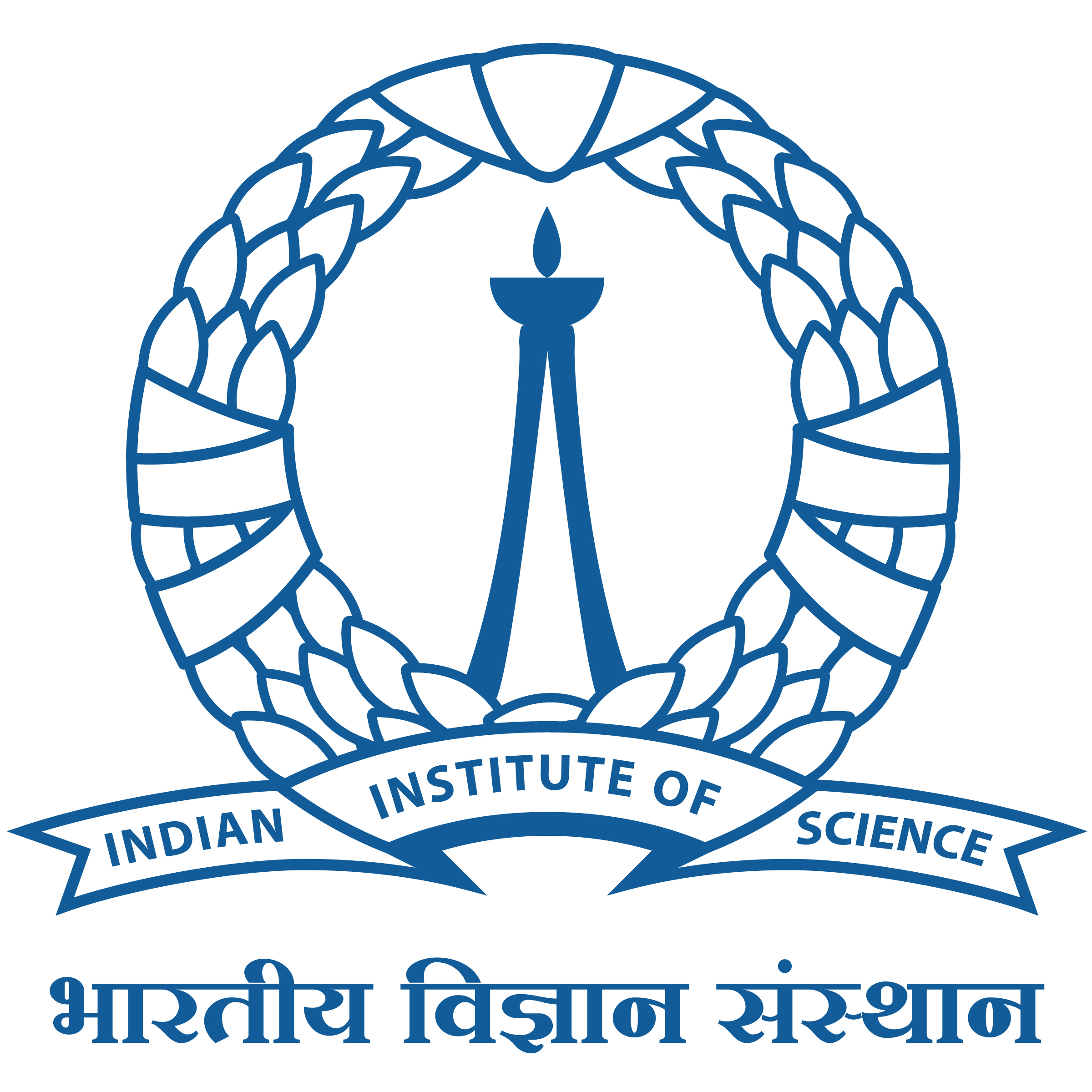The tremendous advances in the recent years in our ability to observe, understand, and manipulate biological systems have spawned the promising and fast-growing discipline of Bioengineering. We are poised to see major contributions from the discipline, impacting global efforts to address the key challenges our society faces, from food and energy security to healthcare and environmental preservation. The M. Tech. program in Bioengineering is envisioned to produce highly trained professionals who can occupy the centre-stage in catalysing these transformations.
Recognizing the diversity of pursuits in Bioengineering, the program offers core courses that are central to Bioengineering, and a set of specializations representing key modern divisions in the field. The program envisions strong connects with the industry. The curriculum has been designed with inputs and feedback from industry stakeholders. Throughout the program, participation of colleagues from the industry is planned.
In addition, the students in the program will be part of the highly engaging and cutting-edge research environment in IISc, preparing them for doctoral studies and careers in research, should they choose that path.
Apply through http://www.iisc.ac.in/admissions/
Eligibility
- Bachelor’s degree in any branch of Engineering/Technology (BE /B Tech) with a GATE paper in any of the following – AE, AG, BM, BT, CE, CH, CS, EC, EE, ES, IN, ME, MT, PE, PI, TF, XE, DA
Selection process
- Apply through the IISc admissions portal
- Applicants will be shortlisted first for interviews based on GATE scores
- Following interviews, merit list will be announced
Current areas of research
Some of the areas are listed here –
- Drug Delivery
- ImmunoEngineering
- Biomechanics
- Cancer Biology
- Biomaterials
- Computational Bioengineering
- Systems Biology
- Infectious diseases
- Diagnostics and medical imaging
- NeuroEngineering
- Biophysics
- Evolutionary biology
For more information, please check Research
Courses:
- The students will take some core courses in semester 1 and semester 2.
- They will experience an industry internship in summer.
- In semester 3, 4, they will work on their individual projects.
- The elective courses can be selected from 3 different streams: Biomaterials and tissue engineering, Diagnostics and devices or Computational Biology and data sciences.
| Semester | Course Name |
| 1 | Mathematical Methods for Bioengineers |
| Biology for Engineers | |
| Fundamentals of Bioengineering I | |
| Essentials of Research and Innovation | |
| Electives (2 – 3 courses) | |
| 2 | Data Sciences for Bioengineers |
| Fundamentals of Bioengineering II | |
| Chemistry for Bioengineers | |
| Industry Seminars | |
| Electives (3 – 4 courses) | |
| SUMMER INTERNSHIP WITH INDUSTRY PARTNERS | |
| 3 | Research Project |
| 4 | Research Project |
Specialization
Biomaterials and Tissue Engineering
Course
| 1 | Introduction to Biomaterials Science (MT271) |
| 2 | Design of Biomedical Devices and Systems (PD233) |
| 3 | Microfluidics (NE231) |
| 4 | Drug Delivery: Principles and Applications (BE210) |
| 5 | Biophysics (PH360) |
| 6 | Biomechanics (ME251) |
| 7 | Devices and Diagnostics (BE224) |
| 8 | Physics and Mathematics of Molecular Sensing (NE332) |
| 9 | Stem Cell Technology (BE222) |
| 10 | Fundamentals of Physiology and Medicine (RD210 / BC205) |
| 11 | Synthetic Biology and Genetic Engineering |
| 12 | Cell Mechanics (BE211) |
Diagnostics and Devices
Course
| 1 | Principles of Signal Transduction in Biological Systems (RD204) |
| 2 | Design of Biomedical Devices and Systems (PD233) |
| 3 | Microfluidics (NE231) |
| 4 | Drug Delivery: Principles and Applications (BE210) |
| 5 | Pathogen-Host Interactions and Immune Evasion Mechanisms (MC205) |
| 6 | Medical Imaging (DS260) |
| 7 | Devices and Diagnostics (BE224) |
| 8 | Physics and Mathematics of Molecular Sensing (NE332) |
| 9 | Fundamentals of Physiology and Medicine (RD210 / BC205) |
| 10 | Synthetic Biology and Genetic Engineering |
Computational Biology and Data Sciences
Course
| 1 | Design of Biomedical Devices and Systems (PD233) |
| 2 | Microfluidics (NE231) |
| 3 | Stochastic and Spatial Dynamics in Biology (EC303) |
| 4 | Biophysics (PH360) |
| 5 | Bioinformatics (DS201) |
| 6 | AI for Medical Image Analysis (DS261) |
| 7 | Dynamical Systems Biology (BE216) |
| 8 | Molecular Systems Biology (CH248) |
| 9 | Physics and Mathematics of Molecular Sensing (NE332) |
| 10 | Theoretical and Computational Neuroscience (MB208) |
| 11 | Algorithmic Foundations of Big Data Biology (DS202) |
| 12 | Medical Imaging (DS260) |
| 13 | Theoretical and Mathematical Ecology (EC201) |
| 14 | Introduction to Molecular Simulations (CH247) |

